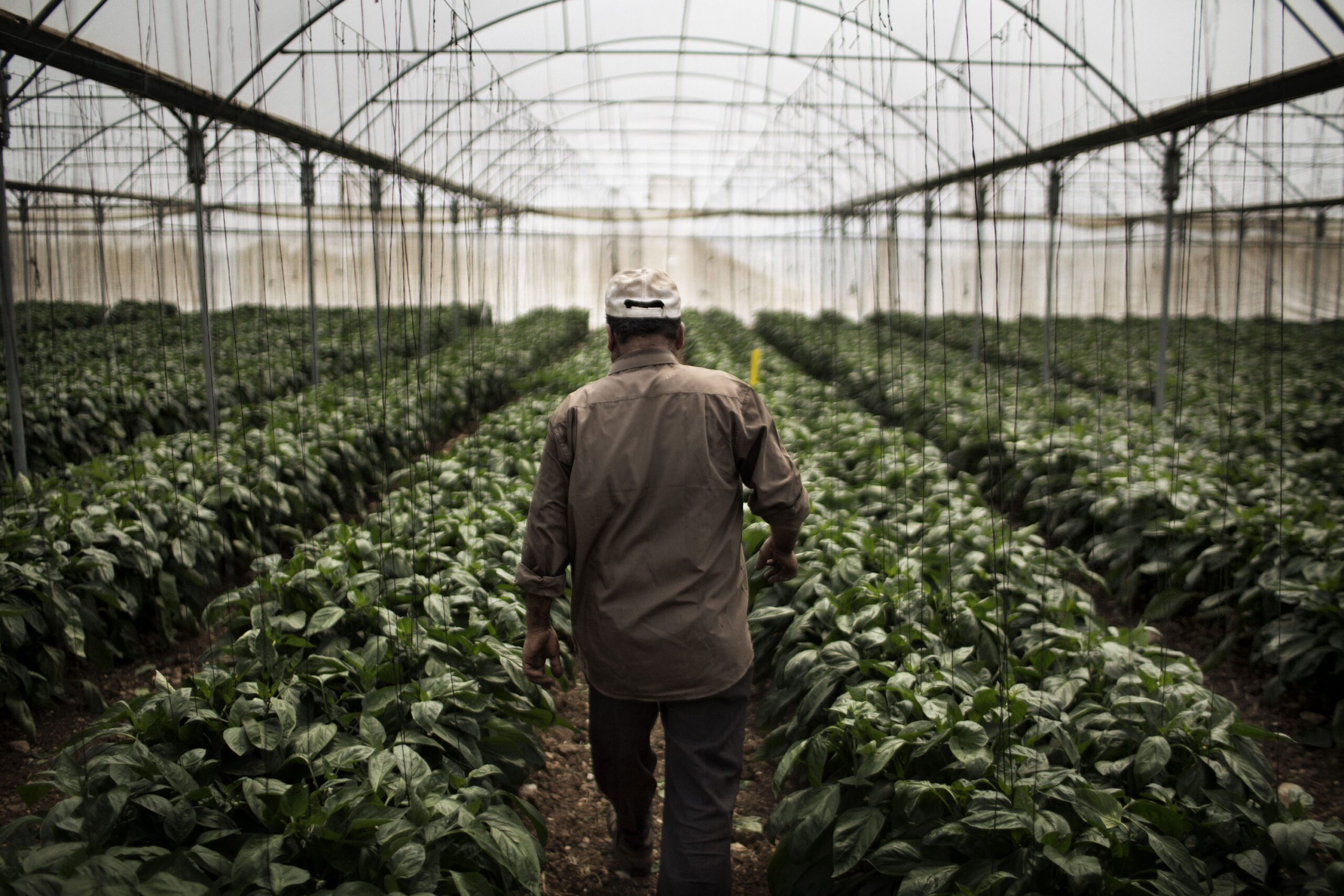PROJECT SUMMARY
Developing and promoting a Geographical Indication (GI) for Türkiye’s Bursa black fig and peach can improve supply chain efficiencies and market access, particularly for small-scale producers, preserve agricultural biodiversity and protect the name from misuse. The EBRD and FAO worked with local stakeholders to define codes of practice for each fruit and successfully register the GIs at national and European Union level.
context
Türkiye’s Bursa region is famous for its fruits and vegetables and has a well-established reputation with consumers. The country produced 822 000 tonnes of peaches in 2024 and 356 000 tonnes of figs in 2025. Of that, Bursa farmers generally produce around 30 000 to 50 000 tonnes of black fig and 100 000 tonnes of peaches annually. The EBRD and FAO worked with producers, local university experts and public stakeholders to develop and register Bursa black figs and Bursa peaches as GIs – first nationally and then at EU level.
A GI links a high-quality product to its geographic origin, protecting that link as an intellectual property right. It can be an effective way to add value to fresh and processed agrifood products and to carve out a niche in domestic and international markets. A GI can also stimulate innovation, strengthen local economies and help preserve local agricultural biodiversity and know-how.
The two fruits were chosen due to their high quality, which stems from the local growing conditions, varieties, and production and harvesting techniques. The peel of the Bursa black fig, for example, is thicker than figs produced elsewhere, giving it a longer shelf life. Only black figs and peaches grown according to the specific production criteria in Bursa can use the name – a move that protects the brand from misuse and gives consumers the confidence that what they are buying is the real deal.
Activities
Strengthen the legal and institutional framework of GIs in Türkiye and raise awareness and knowledge of GIs among stakeholders across the value chain.
Develop pilot GIs from Bursa based on international best practices, including preparation of specific codes of practice and control plans, and support the registration and protection of the Bursa black fig and Bursa peach at national and EU level.
Share lessons learned on the development of GIs across Türkiye and with other countries.
Strengthen the capacity of different stakeholders to manage and maintain the quality, traceability and marketing of the GI-labelled fruits.
achievements
- Turkpatent –Türkiye’s patent and trademark agency – approved the GI status for Bursa black fig and Bursa peach in 2019; both GIs were approved at EU level in 2024.
- A multidisciplinary approach, drawing on rural sociology, agronomic and economic expertise, and good collaboration among public and private stakeholders were crucial to the GI registrations’ success, helping to build trust and relationships along the supply chain.
- Product specifications are powerful instruments for disseminating sustainable practices that better preserve local natural resources and a product’s unique attributes.
- KöyKoop Bursa, the agricultural and village cooperatives union that led the GI process, views the GI as a long-term investment and is empowering local producers to protect the quality and reputation of the GI-labelled fruits and access new markets, including export markets.
- The GIs have encouraged investments along the supply chain, including improved agronomic practices, high-quality packaging and branding, and innovative cold storage technologies to extend the shelf life of GI-labelled fruits.
- Several modern retailers in Türkiye, including business-to-consumer retailers and a business-to-business retailer working with the hotel, restaurant and catering industry, are sourcing local Bursa GI agrifood products; some food companies are now using Bursa GI inputs in their products, such as ice cream and juice; and several retailers across the EU carry Bursa black figs.
- While demand for Bursa black figs and Bursa peaches is high, consumer awareness and visibility of the GIs are relatively weak; this disconnect has inspired local government, the provincial directorate, producers and modern retailers to ramp up efforts to champion Bursa GI-labelled agrifood products, including through a planned festival on Bursa GIs and the potential development of agritourism routes.
- The EBRD and FAO team has shared best practices, knowledge and lessons from these pilot GIs, helping to pave the way for agrifood producers of other products in Türkiye and elsewhere to follow suit.




































